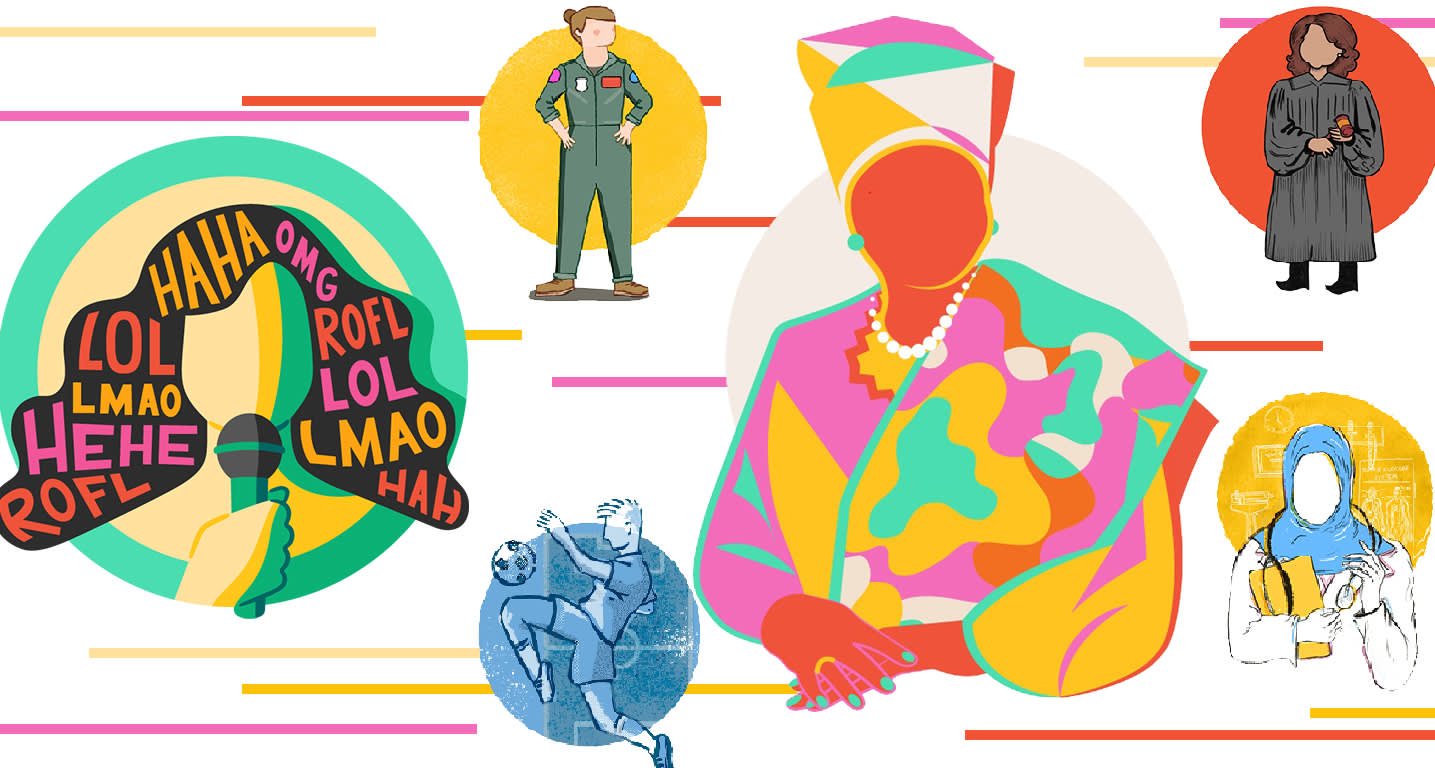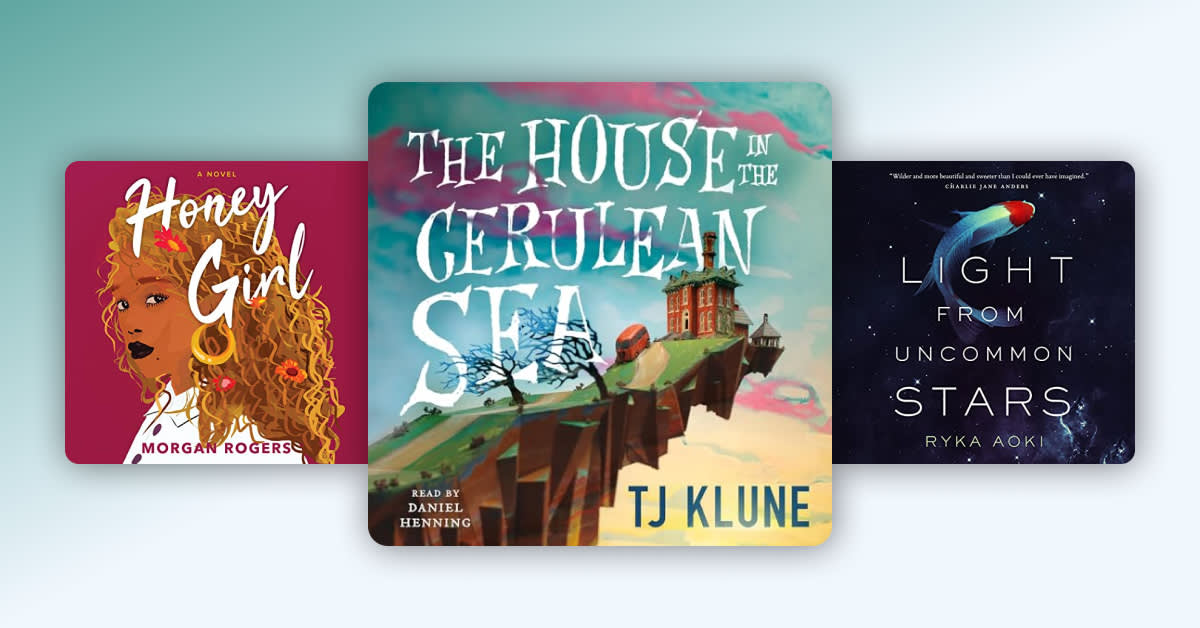As the daughter of a single working mom (teacher, corporate business woman) who was the daughter of a single working mom (seamstress, waitress, factory worker), I feel lucky each Women’s History Month and IWD because I chose my job and my career.
Therefore, one of the first things I notice about women’s writing on work is the simple joy in choosing … and being chosen in return. Miriam Therese Winter explicitly discusses feeling chosen — nuns are said to have a “vocation,” after all — but also details the difficulty and satisfaction in coming to grips with being chosen for something you didn’t exactly plan on.
Similarly, Gabrielle Hamilton wrestled with her writing career for years before becoming a “reluctant chef,” but her talent for food and prose come together in her inspiring memoir Blood, Bones & Butter: The Inadvertent Education of a Reluctant Chef. Even in the kind of work that’s hard to quit once you’ve taken on the gig (such as motherhood or midwifery), women writers often express a refreshing autonomy and a pioneering sense of navigating the world — witness Call the Midwife and Rise.
Working doesn’t always equal recognition, however, as anyone who listened to Hidden Figures or saw the film can attest. Katherine Johnson, Dorothy Vaughan, and Mary Jackson started learning math in the 1930s; fourscore and seven years later, we know their names as the African-American “human computers” without whom the U.S. would not have run the space race. Shoot Like A Girl and In the Land of Invisible Women both illuminate the stories of contemporary women who excel in their jobs, but still struggle to be seen in their professions. Lab Girl’s encouraging message is that love for the work itself nurtures great achievement; Hope Jahren’s story shows how seeds planted in childhood truly flower with collaboration.
Despite ongoing challenges — pay disparity comes to mind — women break through “the glass ceiling” every day: in sports, in business, in politics. Memoirs like Forward, Suits, and My Beloved World (even the title makes me smile) celebrate female empowerment, while Find Your Extraordinary can inspire the next class of CEOs. For a little comic relief, take it from Carol Burnett: We’re In Such Good Company with our colleagues and allies. And although the U.S. doesn’t yet have a woman president, Madame President lights the way, thanks to Ellen Johnson Sirleaf, the Nobel Prize-winning leader of Liberia.
I’m confident I speak for all of us — women (and our allies), Audible employees, and, most of all, readers and listeners — when I wish that these stories, and others like them, will help engender a world where every woman is free to choose her best life.
Supreme Court Justice
This 2014 Audie Award finalist by the first Hispanic and third woman appointed to the United States Supreme Court, Sonia Sotomayor, recounts the justice's life from a Bronx housing project to the federal bench, a journey that offers an inspiring testament to her own extraordinary determination and the power of believing in oneself. Through her still-astonished eyes, America’s infinite possibilities are envisioned anew in this warm and honest book, destined to become a classic of self-invention and self-discovery.Scientist
From acclaimed scientist Hope Jahren, an illuminating debut memoir of a woman in science; a moving portrait of a longtime collaboration, in work and in life; and a stunningly fresh look at plants that will forever change how you see and think about the natural world.President
When Ellen Johnson Sirleaf won the 2005 Liberian presidential election, she obliterated centuries of patriarchal rule to become the first female elected head of state in Africa's history. Madame President is the inspiring, often heartbreaking story of Sirleaf's evolution from an ordinary Liberian mother of four boys to an international banking executive, from a victim of domestic violence to a political icon, from a postwar president to a Nobel Peace Prize winner. Pulitzer Prize-winning journalist and best-selling author Helene Cooper deftly weaves Sirleaf's personal story into the larger narrative of the coming of age of Liberian women.Chef
“Magnificent. Simply the best memoir by a chef ever. Ever. Gabrielle Hamilton packs more heart, soul, and pure power into one beautifully crafted page than I’ve accomplished in my entire writing career. Blood, Bones & Butter is the work of an uncompromising chef and a prodigiously talented writer. I am choked with envy.” –Anthony BourdainMother ... and Builder
After escaping an abusive marriage, Cara Brookins had four children to provide for and no one to turn to but herself. In desperate need of a home but without the means to buy one, she did something incredible. Equipped only with YouTube instructional videos, a small bank loan, and a mile-wide stubborn streak, Cara built her own house from the foundation up with a work crew made up of her four children. With no experience nailing together anything bigger than a bookshelf, she and her kids poured concrete, framed the walls, and laid bricks for their two-story, five-bedroom house. She had convinced herself that if they could build a house, they could rebuild their broken family.CEO
Jessica Herrin, founder and CEO of the Stella & Dot Family Brands, shows how the classic traits of successful entrepreneurs are ones each one of us can develop — and use not only to create companies but also to create extraordinary lives. Whether we work corporate jobs, run families, or run our own businesses, Herrin offers realistic, attainable steps each one of us can take to achieve extraordinary success on our own terms.Athlete
Named by Time magazine as one of the most influential people of 2015, iconic soccer player Abby Wambach captured the nation's heart when she led her team to its recent World Cup championship. Abby is a vocal advocate for women's rights and equal opportunity, pushing to translate the success of her team to the real world. In Forward, Abby recounts her own decisions, wins, and losses and the pivotal moments that helped her become the world-class athlete and leader she is today.Doctor
Unexpectedly denied a visa to remain in the United States, Qanta Ahmed, a young British Muslim doctor, accepts an exciting position in Saudi Arabia, a place she hopes she will belong. Instead she finds rejection and scorn in the places she believed would most embrace her, but also humor, honesty, loyalty, and love. It is a place where she discovers what it takes for one woman to recreate herself in the land of invisible women.Soldier
MJ Hegar served three tours in Afghanistan flying combat search and rescue missions, culminating in a harrowing rescue attempt that would earn MJ the Purple Heart as well as the Distinguished Flying Cross with Valor Device. But it was on American soil that Hegar would embark on her greatest challenge—to eliminate the military's Ground Combat Exclusion Policy, which kept female armed service members from officially serving in combat roles despite their longstanding record of doing so with honor.Nun
Says AudioFile: "Singer-songwriter Janis Ian delivers both story and song in award-winning musician Miriam Therese Winter's memoir. Each chapter moves from Winter's personal experience to the spiritual lesson she learned from it, each of which is eventually expressed in her music. As Winter describes working with refugees in Cambodia and starving children in Ethiopia, Ian helps listeners feel everything she felt. Ian uses her crystalline vocal talents and evocative guitar playing to take this engaging story to a level rarely experienced through audio.”Mathematician
The phenomenal true story of the black female mathematicians at NASA whose calculations helped fuel some of America's greatest achievements in space, even as Virginia's Jim Crow laws required them to be segregated from their white counterparts.Forensic Pathologist
Lively, action-packed, and loaded with mordant wit, Working Stiff offers a firsthand account of the two years Dr. Judy Melinek spent training as a New York City forensic pathologist. With her husband and their toddler holding down the home front, Judy threw herself into the fascinating world of death investigation — performing autopsies, investigating death scenes, and counseling grieving relatives.Midwife
This 2013 Audie Award nominee is the true story of Jennifer Worth, who at 22 left her comfortable home to move into a convent and become a midwife in postwar London’s East End slums. The colorful characters she met — from the plucky, warm-hearted nuns with whom she lived to the woman with 24 children who couldn't speak English to the prostitutes and dockers of the city’s seedier side — illuminate a fascinating time in history.Wall Street Analyst
Nina Godiwalla, expert on leadership, diversity, and women in the business world, shares her life as a survivor, if not quite veteran of Wall Street, with a memoir described as "the Devil Wears Prada of investment banking."Comedian
Who but Carol Burnett herself has the timing, talent, and wit to pull back the curtain on the Emmy Award-winning show that made television history for 11 glorious seasons? In Such Good Company delves into little-known stories of the guests, sketches, and antics that made the show legendary, as well as some favorite tales too good not to relive again.


















